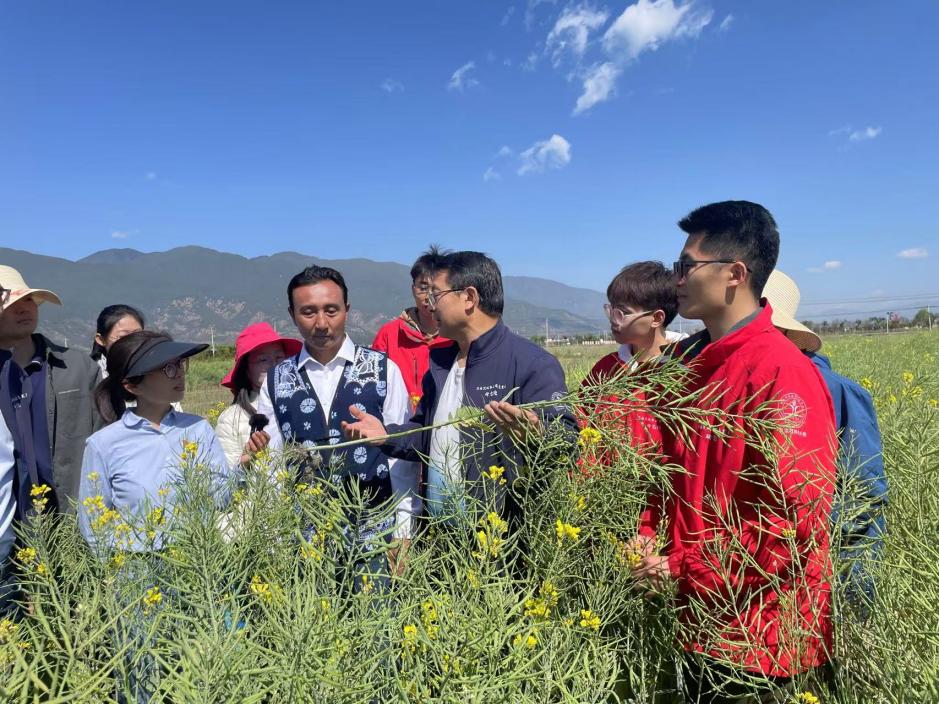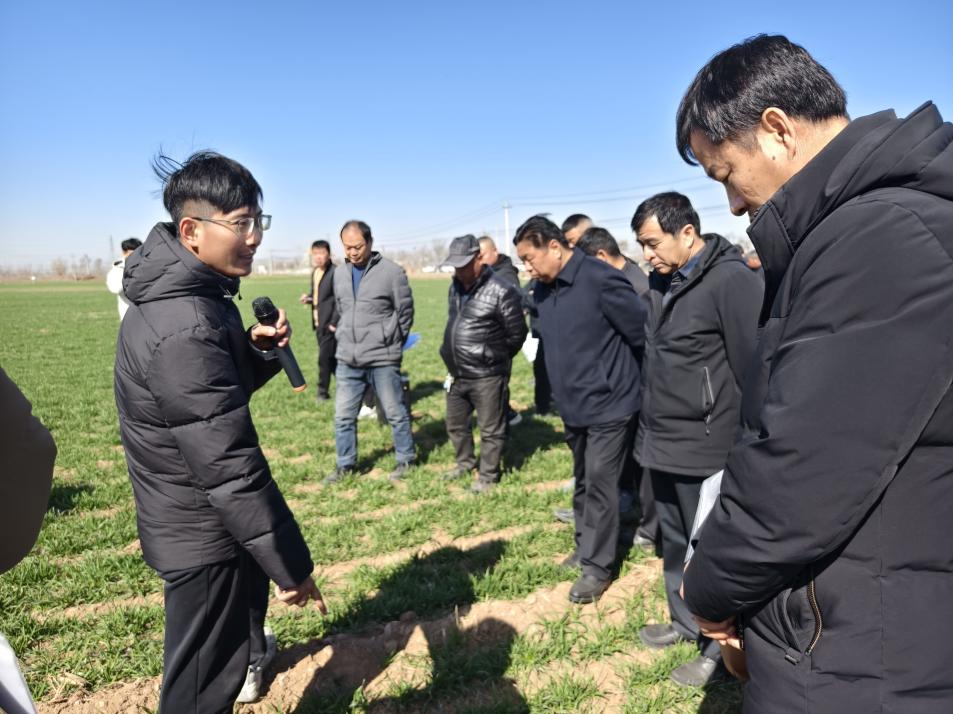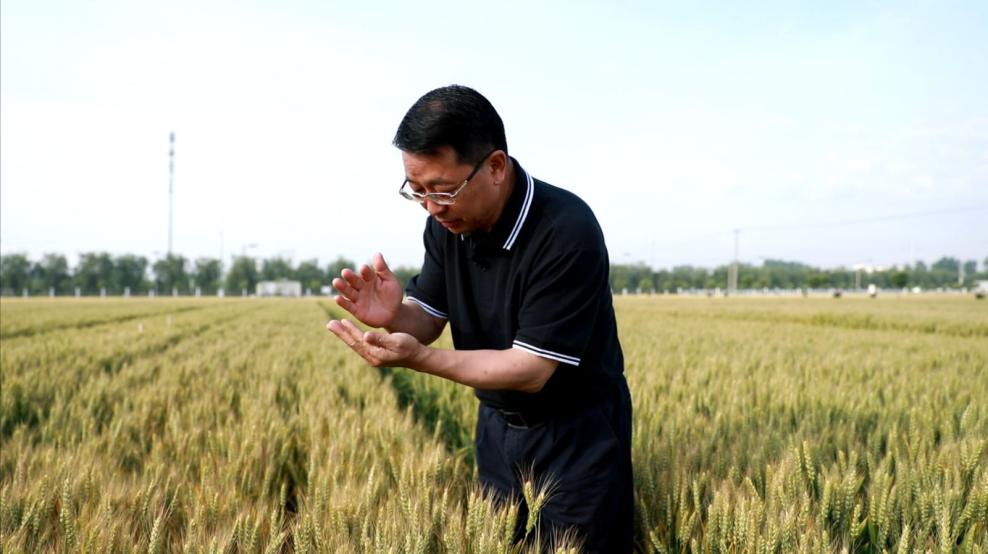




- BRNN
- BRI News
- BRNN News
- Database
Official Documents Polices and Regulations
Inter-government Documents International Cooperation BRI Countries
Business Guide Economic Data BRI Data
Trade
Investment Projects Latest projects
Cases - Content Pool
China has launched more than 1,800 science and technology backyards since 2009 — community-based agricultural initiatives that aim to "move classrooms into the fields." These programs have become a key driver of rural rejuvenation in China and are now expanding to Africa, where they seek to enhance agricultural practices and support local farmers.
Recently, a China-Africa science and technology backyard was established in Suxiaoying village, Quzhou county, north China's Hebei Province.
"We have established a demonstration field and introduced technologies such as drip irrigation, deep plowing, and the use of both organic and inorganic fertilizers, addressing issues like farmland fragmentation, outdated farming techniques, and low production efficiency," said Zhang Fusuo, an academician from the Chinese Academy of Engineering and a professor at China Agricultural University.
In 2009, Zhang's team launched the country's first science and technology backyard in Quzhou. Since then, teachers and graduate students from China Agricultural University have worked with local farmers to support rural revitalization by addressing practical challenges.

Zhang Fusuo gives a lecture in a crop field in Quzhou county, north China's Hebei Province. (People's Daily Online/Li Yihuan)
"The name 'science and technology backyard' was given by local farmers in Quzhou," said Zhang.
Recalling the experience, Zhang said the team decided to relocate the classroom and laboratory to the fields, renting a small courtyard from a farmer. By living and working alongside the farmers, they identified and solved problems through hands-on production practices, educating students while helping farmers with real-life issues. As a result, the farmers affectionately dubbed the courtyard the "science and technology backyard."
"Around 2019, the science and technology backyard project gained traction in China and attracted the attention of several international organizations involved in long-term aid work in Africa," Zhang recalled. As the project expanded, its primary focus shifted to building a community with a shared future for mankind and achieving mutual benefits.
"In response to the Belt and Road Initiative and in support of China-Africa cooperation, we initiated the China-Africa science and technology backyard project with the goal of sharing Chinese expertise on a global scale," Zhang explained.

Photo shows a "student expert" (first from left) at the science and technology backyard in Quzhou county, north China's Hebei Province. (Photo courtesy of the interviewee)
"It was a challenge to establish a science and technology backyard in Africa during that period," Zhang said. After careful consideration, the decision was made to prioritize talent development as the initial approach.
African students were invited to study in China for a year, then return to Africa for practical experience before coming back to China for their graduation defense. They learned agricultural technologies tailored to local needs. Afterward, these students applied their knowledge to set up science and technology backyards in Africa that meet the region's specific production requirements.
"Many African students were intrigued by how China manages to feed over 20 percent of the global population with only 9 percent of the world's arable land," Zhang said. He noted that sharing China's agricultural story with the world should begin with the significant achievement of ensuring that the Chinese people have enough to eat.

Zhang Fushuo checks on the growth of wheat in a field in Quzhou county, north China's Hebei Province. (Photo courtesy of the interviewee)
Zhang noted that the science and technology backyards in Africa are similar to those in China, as both serve small-scale farming households with limited land and a reliance on manual labor. As a result, China's planting techniques and experiences are relevant to these farmers.
"We can share these agricultural development experiences and practices with the world to showcase the success of Chinese agriculture," Zhang said.
Since its inception in 2019, the China-Africa science and technology backyard initiative has welcomed over 90 agricultural students from 12 African countries. More than 30 alumni have gone on to establish five science and technology backyards across Africa. This year, 90 cooperative farmers from three science and technology backyards in Africa harvested maize with an average yield of 8 tonnes per hectare, marking a threefold increase from previous years.

Tel:86-10-65363107, 86-10-65368220, 86-10-65363106